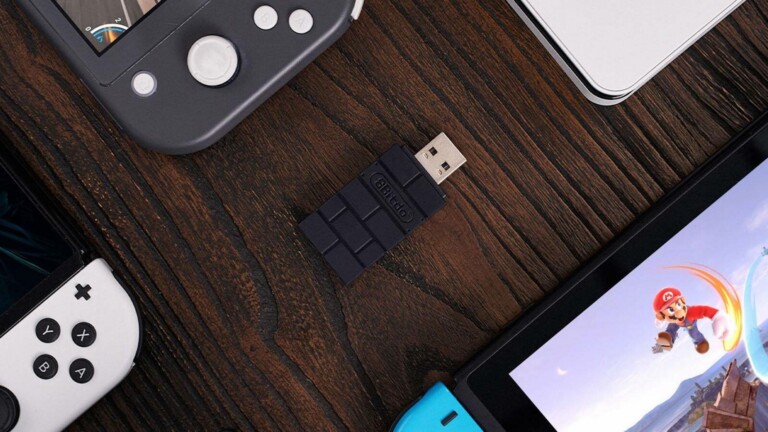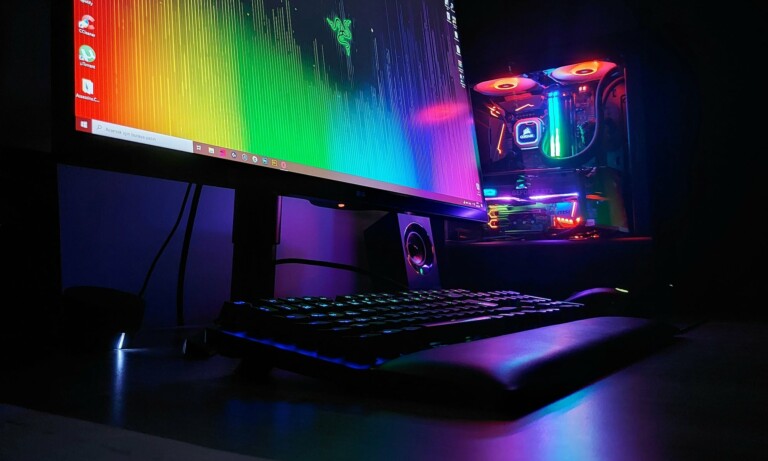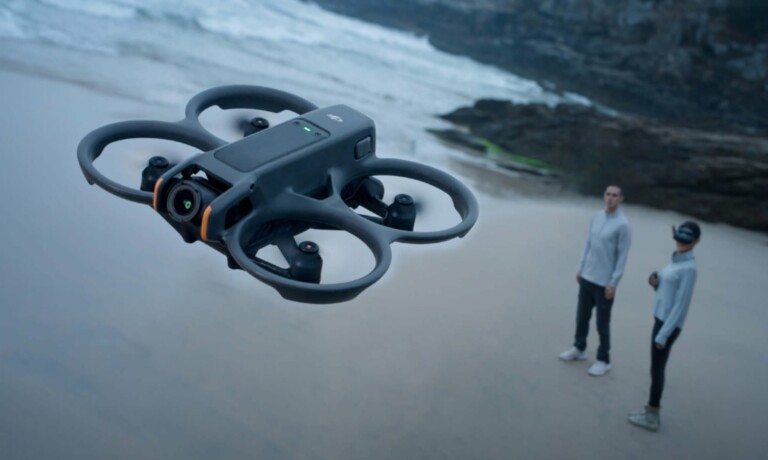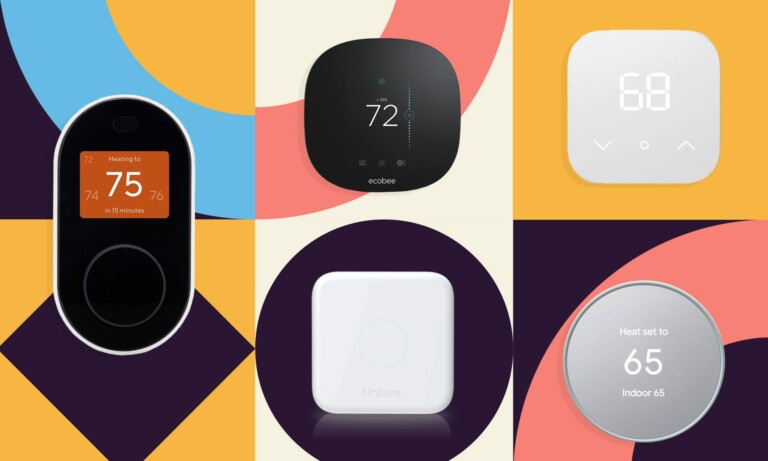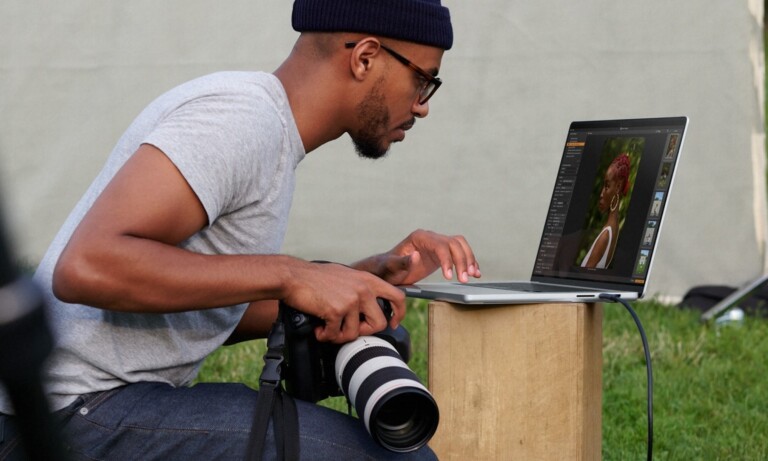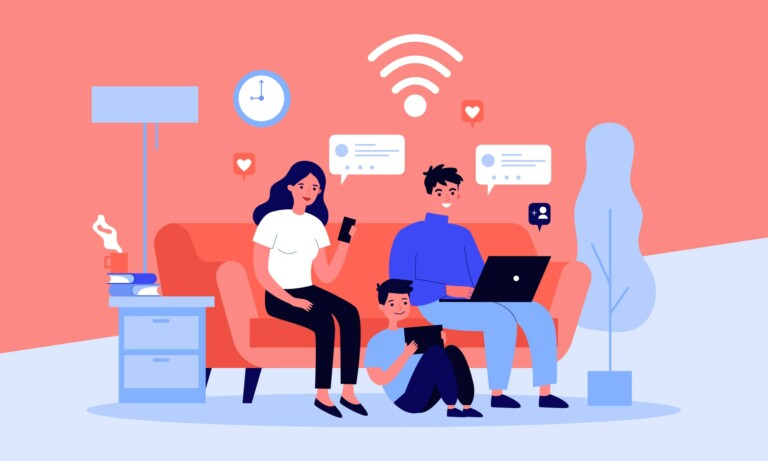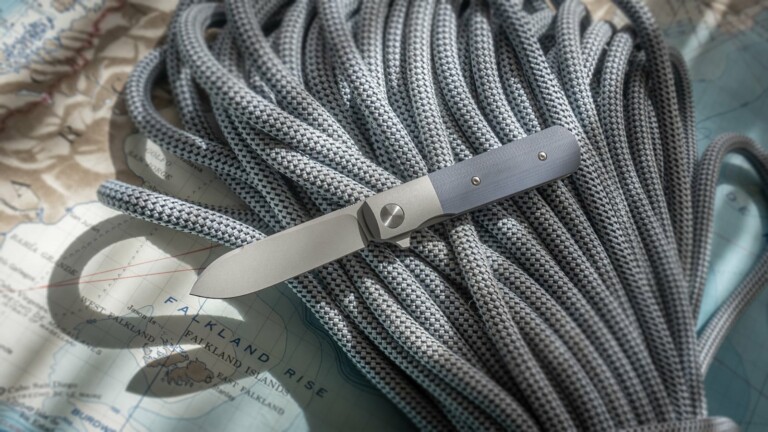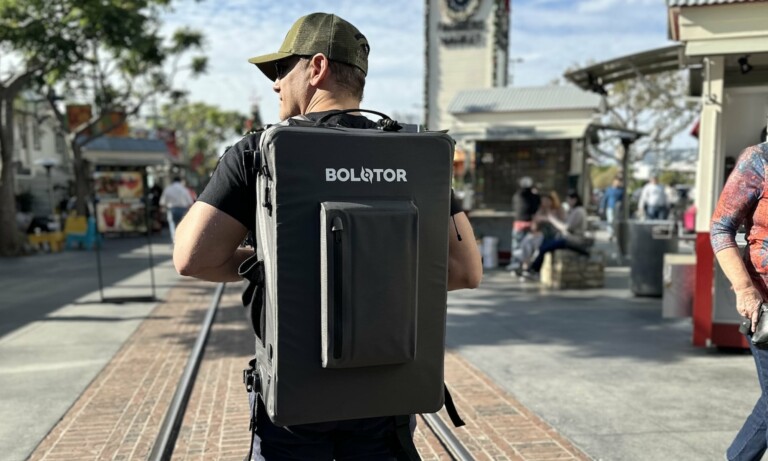Is technology really making our lives better?
With technology truly touching every corner of our lives, we have to imagine that it can only be good. But, is this technology actually making our lives better? Or are we worse off than we realize?

- There are 8.4 billion devices connected to the internet worldwide. That’s more than one device per person in the entire world.
- The Apple Watch can do a lot more than send you app alerts and messages. Its heart rate sensor can actually detect diabetes.
- Augmented reality may be fun, but it’s also incredibly helpful. Gartner estimates that 100 million of us will be shopping with AR by 2020, among other applications.
- Technology is also impacting our love lives. Despite the stigma, online relationships actually tend to last longer than those where the couple met in real life. In fact, those that marry after dating online are less likely to divorce.
When we were younger, we were always told that too much television will fry our brains. As the internet took off in popularity, kids of the time were subjected to limited screen time in an effort to preserve their brain cells (and to get them to play outside). However, all of this bad rap is a bit unfair. Technology is ever-present in our lives and has changed the world as we know it. From smart cities to intelligent refrigerators, there’s a lot going on. Likewise, there are certain devices and gadgets that truly change our lives for the better.
The University of Illinois outlines plenty of ways that technology is helpful. This list includes electronic health records, genome sequencing, and remote monitoring tools for patients. Beyond the medical industry, there are a number of ways technology is helping on an individual level.
Do fitness trackers make you healthier?
According to science, no, fitness trackers aren’t enough to make us healthier on their own. In fact, about a third of consumers ditch theirs after six months. Half of purchasers eventually stop using them at all. Even so, some people are motivated by the few blinking dots on their wrist. For those of you: keep wearing your fitness tracker.
The problem with fitness trackers lies in the lofty goals they set. For example, if you’re barely active and suddenly have a goal of 10,000 steps, it’s unlikely you’d reach it. This magic number of steps from the CDC has been shoved down our throats as a golden standard. But, it sets people up to fail. If they continually fail to reach those metrics, it’s unlikely that they’ll keep going. Even if you get plenty of exercise, most fitness trackers are unable to track your movements as steps. You could cycle your way across the county yet still never hit 10,000.

Does this device really make you workout more?
However, exercise is more accessible than ever. Of course, there have always been gyms and personal trainers, but the internet is making it all very affordable. Unlike an in-person session, it does take some motivation to stay fit. Here are some science-backed ways to get motivated to move:
- Don’t set unrealistic goals
- Opt for friendly competition
- Have someone hold you accountable
- Focus on smaller goals rather than the big picture
- Use social media for a touch of motivation
- Put your money where your mouth is with fitness accountability apps
When you use all of those tips, your fitness tracker can keep you on track for reaching (and exceeding) your goals.

Can technology save us from more trips to the doctor?
Can gadgets improve my health?
The intersection of health and technology is truly incredible. We’ve come such a long way in our understanding of how the body works. Technology is now taking this knowledge and packing it into small yet effective devices to help us live longer and happier.
- Nokia Sleep Sensor and Home Automation Pad – It uses sensors to analyze your sleep and connect with other smart home devices to help you rest even better.
- EyeQue Insight DIY Smartphone Vision Screener – You can now check your vision right from home with incredibly accurate results. With a detailed exam history, you can save money by skipping the trip to the optometrist.
- UPRIGHT GO Posture Device – Attaching to your back, this small device lets you know when your posture is poor. You get a smartphone notification to remind you to sit up.
- Shapa Intuitive Smart Scale – With science-backed algorithms, this scale works with an app to take the mental game out of weight maintenance.
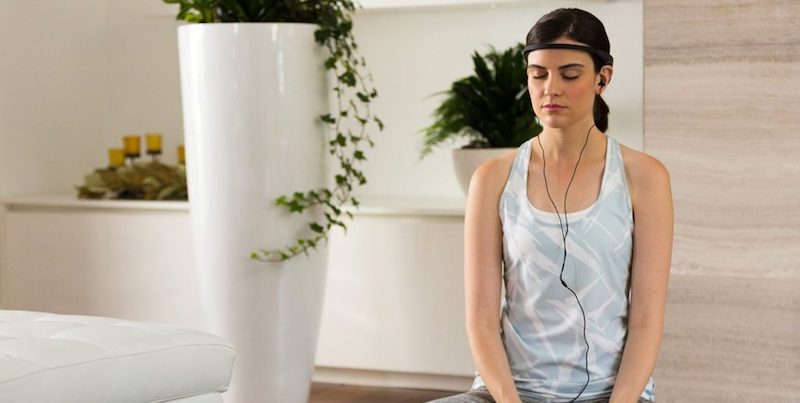
Optimal health starts from within
How technology can make us more mindful
Overall health begins from within. If you’re feeling a bit off or even under the weather, both your performance and efficiency can take a hit. Instead, get in front of any obstacles and tackle your stressors with these devices:
- NeuroPlus Focus-Improving Headset – Resting on top of your head, this device uses built-in sensors to monitor brainwaves. You can use the training video games in the app to improve both your focus and self-control.
- WellBe Mindfulness Bracelet – The WellBe tracks your emotions throughout the day and alerts you when you become stressed. Using the app, you can identify and eliminate key triggers to your stress to find emotional balance.
- muse Brain Sensing Headband – The muse Headband helps you tap into your spiritual side. Working with an app, you can hear calming soundscapes. The smart technology can sense when you’re not focused to bring you back to center.
- iBand+ EEG Lucid Dream Headband – When it’s time to catch up on rest, use the iBand+ Headband. Using advanced sensor technology, it can help you slip into lucid dreams for an enhanced sleeping experience.
If you’re looking for something less physical and a lot cheaper, you can also use apps such as Headspace and Calm to ease your mind.

Do you always get your eight glasses of water a day?
Can technology help us eat better?
Technically, technology can enable us to want to eat better. But, at the end of the day, it’s still your hand bringing food to your mouth. There are plenty of devices that help you understand your food before you consume it to make better decisions:
- Eightcups Smart Drink Analyzing Tumbler – All you have to do is pour in your beverage and the tumbler will tell the app even how much sugar and caffeine you consume.
- FOODsniffer Portable Kitchen Analyzer – Armed with an “e-nose,” this handheld tells you if your beef, pork, poultry, and fish are okay to eat.
- SCiO Molecular Sensor – With a simple scan, this portable device shows you what’s in your food.
- Prep Pad Smart Food Scale — It gives you a breakdown of the nutritional value of your food.
- Lifeware Stabilizing Silverware – While many food-related gadgets are for helping us lose weight, this one assists those with tremors to eat.

Blue light is more harmful than you think
What are the downsides of technology?
As they say, too much of a good thing can be bad. Experts at UCLA explain that the biggest impact of too much technology “is the reduction in the amount of sleep.” This is caused by blue light. When you’re on your laptop or phone or tablet or even watching TV, the device emits blue light. This color disrupts our circadian rhythm, preventing our brains from relaxing when it’s time to sleep. As a countermeasure, you can scoop up a pair of blue light glasses. Or, you can invest in an anti-blue light screen protector. But your best bet is to put down your smartphone.
Of course, the impact of technology is far greater than having trouble falling asleep. Without proper sleep, we’re essentially zombies at the workplace. The domino effect continues from there, depriving us of energy so we’re less likely to workout and more likely to make impulsive food decisions. So, you could say that technology is actually making us fatter.
To summarize, it’s clear that technology is improving our lives. However, the key to maximizing technology into your life is to use what you need and when you need it, and nothing more. The devices above can come in handy to assist you with a healthier life, but you need to make the changes on your own.
Have a piece of tech that has really changed your life? Let us know in the comments!

Your inbox is missing this newsletter!
*When you sign up, expect newsletters, promotions, and agree to our Terms of Use, acknowledging our Privacy's data practices.

